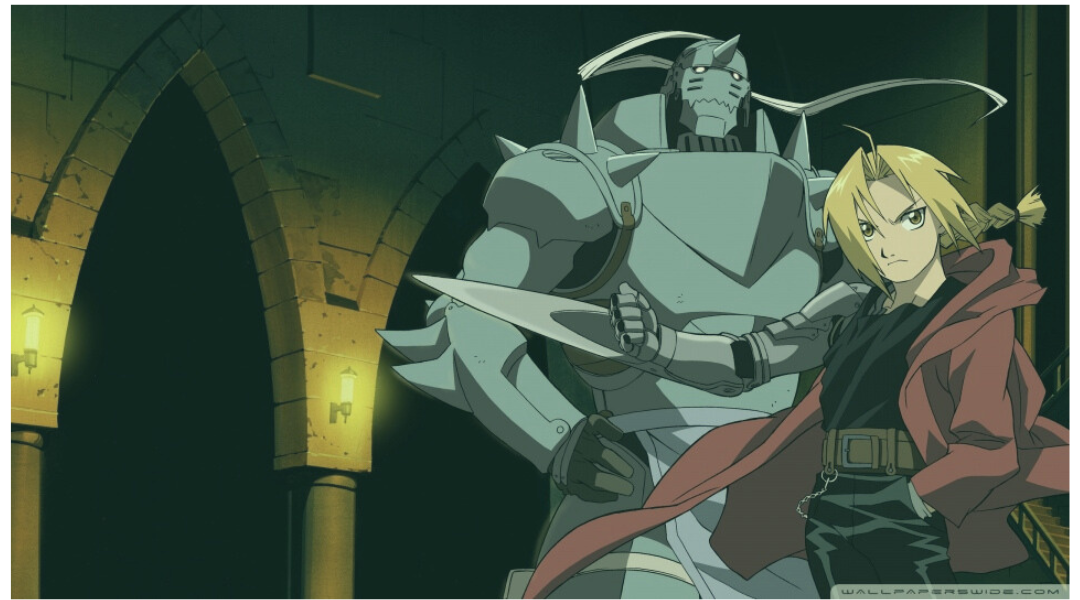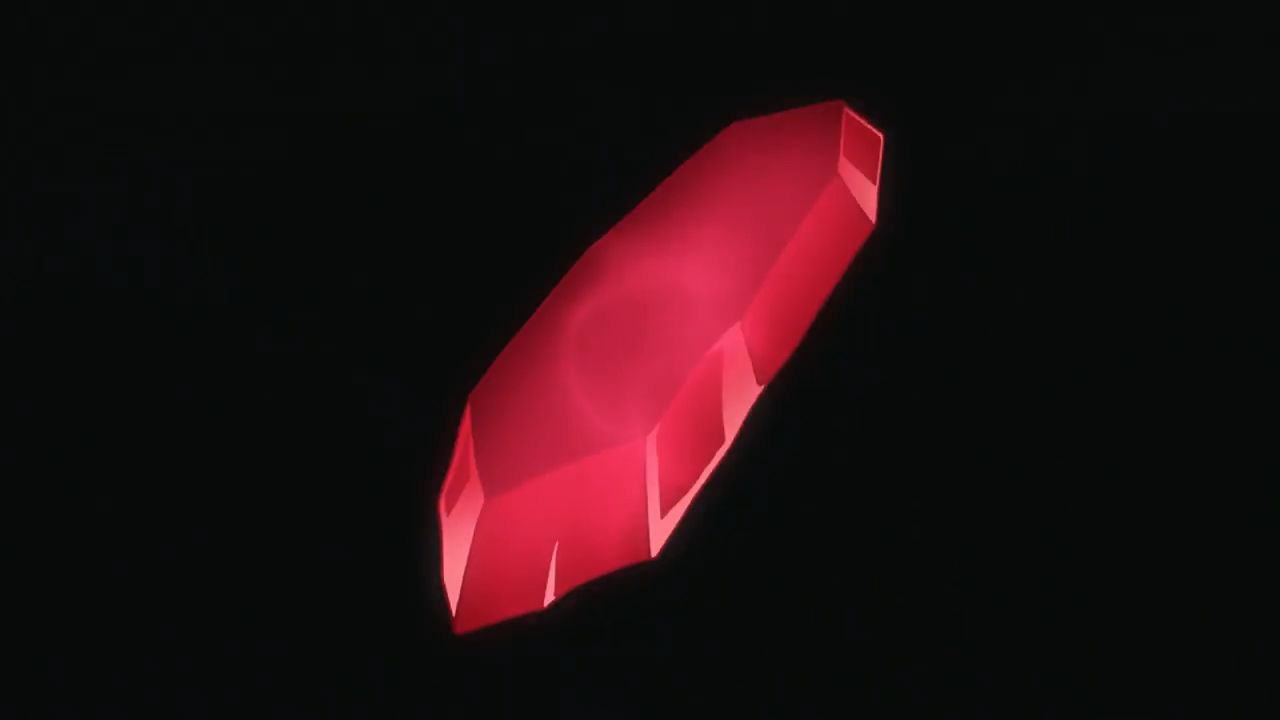The Law of Equivalent Exchange
Everything has a cost
“He’s my little brother. He’s all I have left!”
Edward Elric drags his body across the stone floor. His severed left leg trailing blood, as he uses his bloodied left hand to draw a transmutation circle, a symbol used to perform alchemy, onto an old suit of armor. He claps his hands and rays of light flood the scene, triggering the alchemic process that will bind his little brother’s soul, Alphonse, to the suit of armor.
Moments before, they were carefully counting ingredients: “water 35 liters, carbon 20 kilograms, ammonia 4 liters…” all the materials required to perform a forbidden alchemic procedure called human transmutation. They wanted to bring back their mother from the dead. Their attempt goes horribly wrong: Al loses his body, while Ed loses his left leg and right hand.
This harrowing scene is from one of my favorite shows, Full Metal Alchemist.1 Their failed transmutation is the pivotal event that begins their quest to recover Al’s body and Ed’s limbs. Early on, the boys learn that they violated the governing law of alchemy: The Law of Equivalent Exchange.
The Law of Equivalent Exchange dictates that in order to create something, another thing of equal value must be exchanged.
Equivalent exchange applies to Edward’s ability to transform his new metal arm into a sword. Nothing is gained or lost, just altered, so equivalent exchange is honored. And it also applies to a mythical item in the show called The Philosopher’s Stone. The stone is thought to be necessary to successfully perform human transmutation. The dark secret of The Philosopher’s stone is that it is borne out of human sacrifice.
The law of equivalent exchange has stayed with me since my teenage years. It’s helped me see that all actions and decisions in our world have trade-offs. Everything has a cost, even if it’s not readily apparent.
It may be borderline cynical to think that you have to live life on a ledger. I certainly don’t like to think of equivalent exchange when I’m walking next to an inviting red box of Chewy2 Chips Ahoy at the supermarket, knowing that the tax for my taste buds reaching nirvana is an expanding waist line.
More often than not, however, this law has enabled me to make better decisions and find the fortitude to pursue big changes in my life.
My $2000 Mazda
My first car was an old, faded teal, Mazda 626. It’s leather interior showed its age, its engine sounded like it had pneumonia, and its heating system worked less than a French worker on strike. I was able to buy it outright using my savings from working at Starbucks.
I hesitated whether buying a bland, unsexy car, would make me—well—less sexy. This car was no chick magnet. I was used to riding in my friends’ BMW 325, I saw the attention they got—attention from girls whose attention I also wanted.
Fortunately, I saw the hidden costs of my friends’ sweet rides. Higher maintenance, less disposable income, and the proclivity to go faster than necessary, which resulted in more accidents. Meanwhile, my car was chugging along. Even when I accidentally dinged it, its steely skin would hide my clumsiness.
I knew the flashiness of a BMW came at a cost—a cost I was not willing to pay at that stage of my life.
High Risk/High Reward
Whenever I get anxious about the changes I’ve made in my life over the past year (sabbatical, possible career change, writing as a vocation), I try to find some sort of external validation that buys me patience. This works for a bit, like a jolt of caffeine.
What has really helped during this past year is recognizing that I’m pursuing something ambitious, and that as a result, the costs to achieve it are going to be very high.
I’m pursuing a new life path that is aligned with my values and energizes me. In exchange, I’m accepting uncertainty, losing financial security and status. I’m also losing the feedback mechanisms from the corporate world that provide gratification—a compliment from a manager, a good performance review, a promotion.
Knowing that equivalent exchange is at play steels me with courage and patience as I continue this journey.
The law of equivalent exchange is not perfect. Some trade-offs are relative. Sometimes you may give up a lot and get nothing in return. It is particularly useful to realize there is a great opportunity in finding that sweet spot where you are able to make tradeoffs that, yes—are still costs, but that are more acceptable to you than someone else. And nowhere is this more true than in our relationships.
Equivalent exchange is not all encompassing, but its application in most arenas of life has made me wiser. It is less of a law and more of a guide.
In the final scene of the original Full Metal Alchemist, Al reflects on what equivalent exchange means to him:
Equivalent exchange doesn't encompass everything that goes on here, but I still choose to believe in its principle. That all things do come at a price. That there's an ebb and a flow, a cycle, that the pain we went through did have a reward and that anyone who's determined and perseveres will get something of value in return, even if it's not what they expected. I don't think of equivalent exchange as a law of the world anymore. I think of it as a promise.
Before you go…
I’d like to thank Haley Brengartner for her help with this piece.
Also, the Full Metal Alchemist soundtrack is one of the best anime scores ever created. It also happens to be the perfect work/study music. Check it out.
Finally, I’ll be going on a brief hiatus. Think of it as a sabbatical from my sabbatical 😅.
Tangent will be back in March!
Thanks for reading!
The show has two versions. The original series, and Full Metal Alchemist: Brotherhood, which is a retelling of the core story more closely aligned with the manga—the original source material.
Chewy chocolate chip cookies are better than chunky chocolate chip cookies. If you disagree then you are a fascist.





I like the part about not knowing what you’re going to get back from your efforts. Perhaps it should be called the law of surprising exchange. Which is part of the fun of playing the game